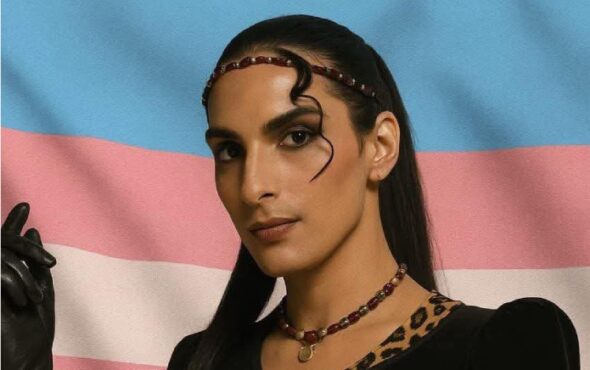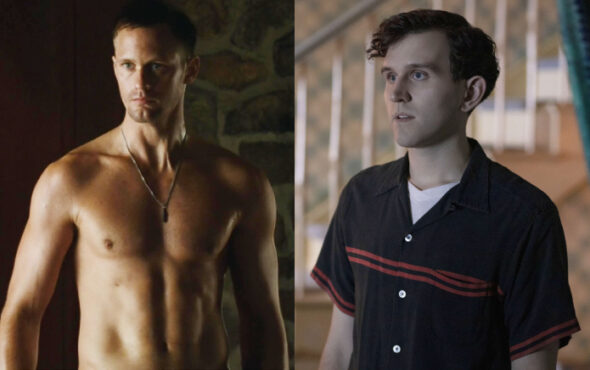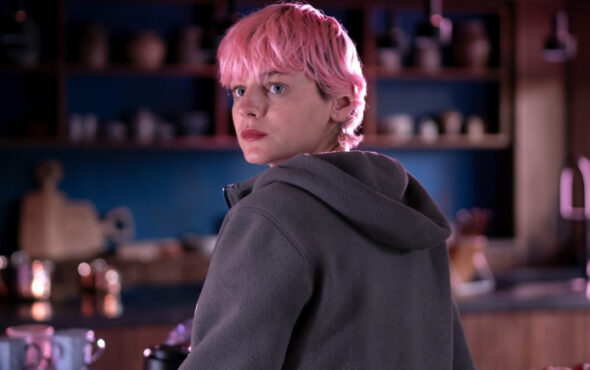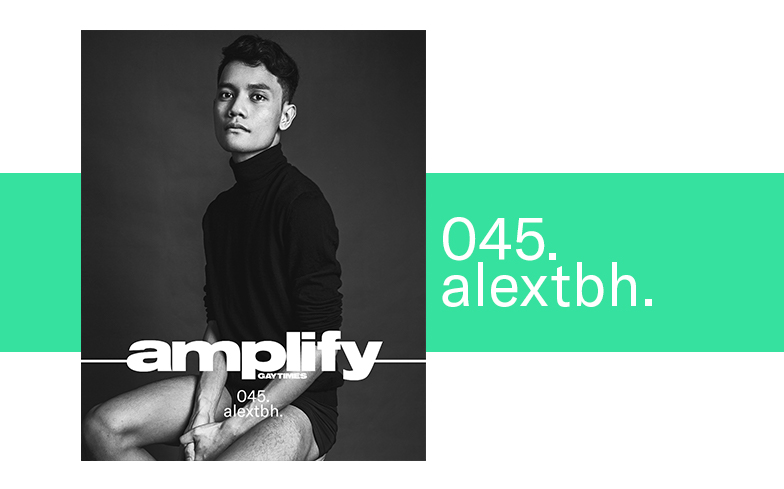
Say hello to Malaysia’s first out and proud queer pop star, alextbh.
Despite his home country having strict laws against homosexuality (a remnant of British colonial-era rule), Alex has been singing about same-sex love and desire for years, from proclaiming that “these boys are all the same” on deliciously lo-fi 2016 track Stoop So Low through to recalling a memorable date with another man at East London’s queer bar Dalston Superstore on tender new ballad Superstore. It may seem like a risk to be so open about his sexuality in a homophobic environment, but Alex says his personal experiences have been mostly positive.
“It feels great to be openly gay, it feels great that I can talk about these issues with people who are outside of my community as well, because I feel like that’s something I’ve always wanted to do, to let people know there is indeed a queer scene in Malaysia,” he tells us. “We’re living an oppressed lifestyle, but at the same time that doesn’t mean there’s not a burgeoning and eclectic queer scene happening here. It’s the opposite actually. There’s so many things happening and I have a lot of queer friends doing amazing shit – photographers, artists, drag queens – and it’s just great to be alive.”
We spoke to Alex over the phone to discuss what life is like for LGBTQ people living in his country, the power of his music crossing borders around the world, and how he feels about holding the title of Malaysia’s First Queer Pop Star.
How did you first get into making music?
Men, essentially. They break my heart. I started writing things down on my notepad but it never really got transferred into music until I was 18 and I discovered the world of music production and I managed to find a way to link that and my personal feelings. Ever since then I’ve always felt motivated to keep writing and keep talking about how I feel in the form of music. I started tinkering with production software on an iPad just for fun, put out a couple of amateur songs on SoundCloud, and that gave me a platform to start experimenting with music.
You mentioned men already, but where else do you get inspiration from?
They are the main factor, I think when it comes to expressing my feelings in person I’m really bad at it, but I know how to translate it really well into music, I’m very aware of that talent I have. So I figure why not keep talking about how you feel. It’s kind of a double-edged sword really because on the one hand I end up with all these songs, but then on the other hand I could just tell a guy how I feel instead of writing a song about it and then announcing it to him months later when all the feelings subside and everybody’s moved on [Laughs].
You’ve been called Malaysia’s First Queer Pop Star, which could be a big responsibility. Do you like having that title?
I don’t mind it really. It was a moniker given by people around me, so I gladly accept that title if it means that I can do my best to provide my community with a voice. It doesn’t feel like a huge responsibility really, it’s more that I want everyone to focus on issues regarding the queer community in my country and my region.
Was there ever a time when you considered staying in the closet when it comes to your music and the way you present yourself publicly?
It was never really career-driven, because I feel like that is something that all gays are going through anyway, when you’re growing up you start to think and wonder if it’s worth it to be super openly gay. So there are times where I have that feeling of wanting to go back into the closet, but obviously I’m reminded of the fact that I’m surrounded by people that love me regardless of what I do or how I present myself. So it’s a non-issue at the end of the day.
Have you had any contact from other queer Malaysians who have heard your music and been inspired by that?
Yeah, I’m the kind of person who goes through their DMs on Instagram and read everyone’s messages, and once in a while I’ll get a message from a queer person in Malaysia who says I inspire them to be brave and bold in how they present themselves to the world, and it’s just the best feeling ever, you know? I never intended to put myself in this position, but to know that this gave a platform to legitimise everyone’s feelings and making them feel like they belong and they deserve better, it’s a really great feeling. It’s one of the reasons that drives me to keep making music as my true self.
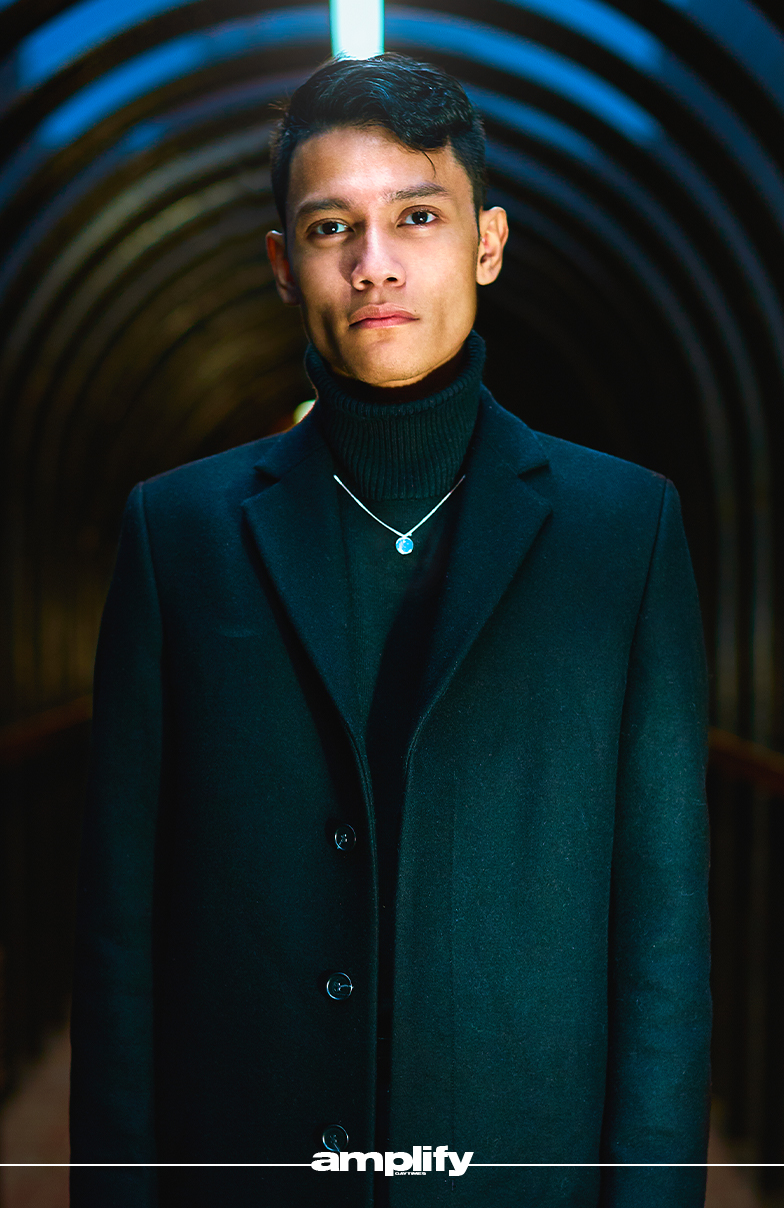
On the flip side, have you faced any negativity?
Surprisingly, no, nothing so far. I think it’s because the people who are listening to my music are generally accepting of me and a person as well, which makes it easier. Somebody that’s homophobic would probably never listen to my music. However – again, non-career related – there was one time I was walking through Elephant and Castle on the streets of London, I was feeling fishy, I was feeling my oats, and then this bunch of guys drove past and starting yelling ‘faggot’ at me, and I didn’t even know what was happening until I took my airpods out and I was like, ‘Oh my god, I’ve been harassed’. It occurred to me then how lucky I have been to live in an otherwise homophobic country, in Malaysia, and yet I’ve been surrounded by nothing but love when I could have been in the worst position because I know there are other friends of mine who have been through some horrible, horrible shit to get where they are today. The fact that I’m not getting as much negativity as I should worries me a little because if anything it makes me realise my privilege and where I am compared to my peers.
It’s interesting that happened in London, which is seen as such a liberal place…
Yeah, out of all places! It’s definitely a reminder that homophobia exists everywhere. Generally in Malaysia, most people are homophobic, and they’ll give you dirty looks if you hold hands with another guy in public, but I just feel like in bigger cities people tend to be more bold and more violent in a physical sense. Whereas in Malaysia it’s a bit more of a cultural thing, so people tend to keep opinions to themselves but you can tell they’re probably screaming the word ‘faggot’ in their head.
Are there any LGBTQ icons in Malaysia for the community to look up to?
There’s this artist I’ve been stanning since I was young, her name is Zee Avi. She’s not queer but her latest music video showcases drag queens and people from the queer community, some of them are my close friends, and honestly I stan her. She’s my pop queen. Charli comes in a close seconds – sorry, Charli – but when Miss Zee Avi did that I was so touched at how she embraces the queer community, that’s the one thing that made me think, ‘Okay, there is hope in pushing LGBTQ rights in Malaysia’.
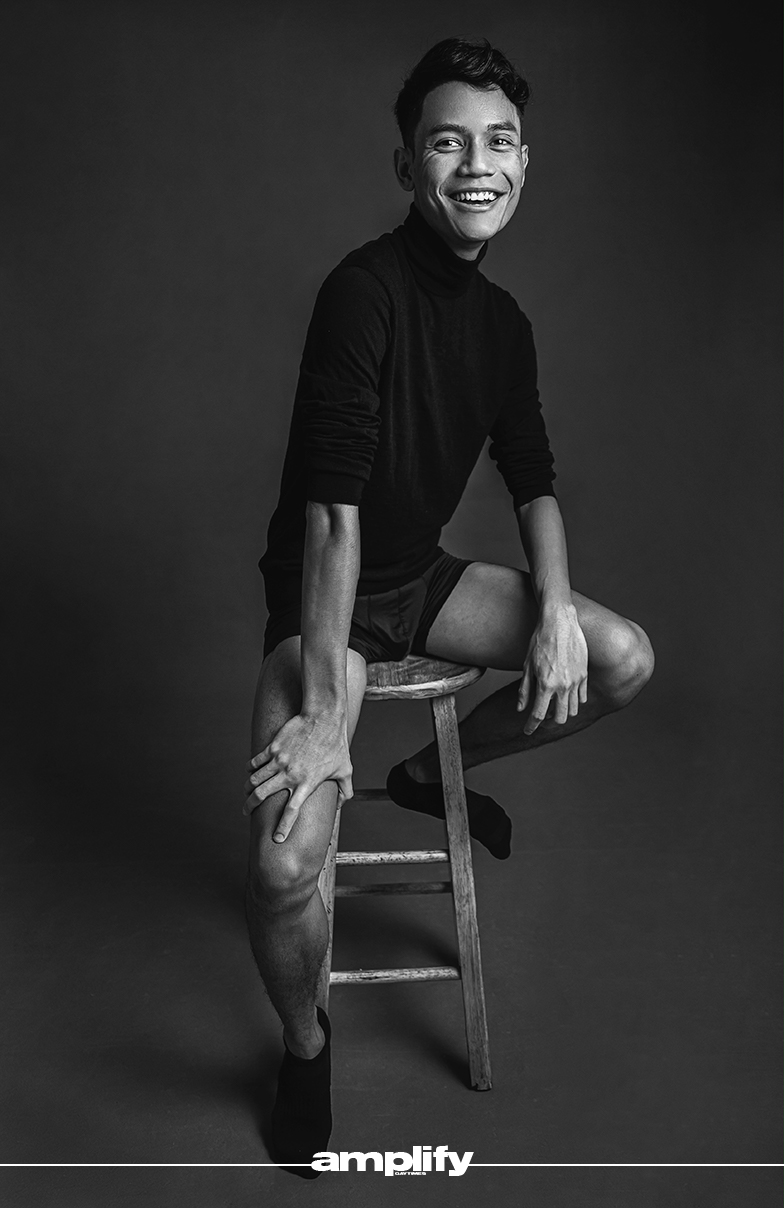
What is life like for you as an openly gay artist in Malaysia?
It feels fucking great! I think it’s because I live a truthful life and people can see that in my eyes and it’s just much easier that way. It’s way easier to socialise with people, it’s way easier because I have nothing to hide, and I think people like that because it’s refreshing and it’s something new. And vice versa, the more I am truthfully myself the more people are okay with it and accepting of it. So yeah, it feels great to be openly gay, it feels great that I can talk about these issues with people who are outside of my community as well, because I feel like that’s something I’ve always wanted to do, to let people know there is indeed a queer scene in Malaysia. We’re living an oppressed lifestyle, but at the same time that doesn’t mean there’s not a burgeoning and eclectic queer scene happening here. It’s the opposite actually. There’s so many things happening and I have a lot of queer friends doing amazing shit – photographers, artists, drag queens – and it’s just great to be alive.
My next question was going to be about misconceptions of the LGBTQ community in Malaysia, but I think you just answered that.
Yeah, I think people expect us to be really oppressed and expect there not to be a huge scene here, but there is, there’s a huge drag scene in Malaysia. It’s not as major as in London, for example, but it’s localised and it’s intertwined with Malaysian cultural identity and that’s what makes it amazing. We have our own people in the community to look up to, I think that’s the best part. You don’t have to look far to stan people that you love. You can just look around you for people that inspire you within the community.
What you said about artists mixing their Malaysian identity with drag is nice, because a lot of people do have these misconceptions that being gay can’t align with certain things like religion or race.
Oh yeah. To see the intersection of my country’s identity and queer identity together in one point is the most eye-opening thing I’ve ever seen.

The law banning sodomy in Malaysia is a hangover from British colonial rule. Do you think that our government has a responsibility to help change laws in country’s like your own?
On your side I think the more important thing is raising awareness of the fact that these sodomy laws were enacted by the British a long time ago, I think if there’s awareness of that it’s easier for people to start a conversation like, ‘Oh shit, I think we’re gonna have to go and fix the damage that we did’, because historically a lot of places in Malaysia do embrace queer identities until the British came and started enacting these draconian laws. It’s a combination of being aware that the British started it, and government legislations pushing to remove it. But the fact that it’s still hard to remove it now I think is because a) it’s just way easier to gain popular votes by being homophobic, and b) politicians like to use the sodomy law as an excuse to persecute people that they do not stan. Because that’s what happened with our former prime minister, he used the sodomy law as an excuse to persecute the opposition leader – it wasn’t even proven that he was gay, it was just the fact that he was accused of sodomy, that’s pretty much it. It gets really dangerous in that sense. If anything I just feel like that law is only enacted for politicians to fuck other people’s lives over.
Do you think the situation is getting better for LGBTQ people in Malaysia?
I like to think that way. On a more individual and community level there’s not only awareness, there’s resources, there’s education, there’s NGOs reaching out to help everybody that they can. However, on a legislative level, little work has been done, and realistically speaking that’s kind of expected because politicians are selfish assholes and unfortunately it’s much easier to follow the herd. You get more hate if you have a different opinion than the majority, so it’s gonna be really difficult. I still have hope on it, mostly because on a cultural level and a community level there’s awareness and people are accepting it and embracing it. It takes time, just like any other policy change, it takes time. The one thing we need to keep doing is fostering conversations to bring people together for them to come onto the right side of history.
You’ve been releasing singles here and there, but what’s your strategy now? Is there an album or EP on the way?
An EP is definitely in the works. It’s long overdue, people have been asking for it. You know when artists announce albums like TS2 from Troye Sivan or MD4 from Marina and the Diamonds? They’re expecting an A1 essentially. But it is coming, and I’m very excited about it. The only reason it’s taking a long time is because I want to make sure I’m confident with the sound, it’s a bit of a departure, it’s leaning more towards pop, so I want to make sure everything’s perfect.
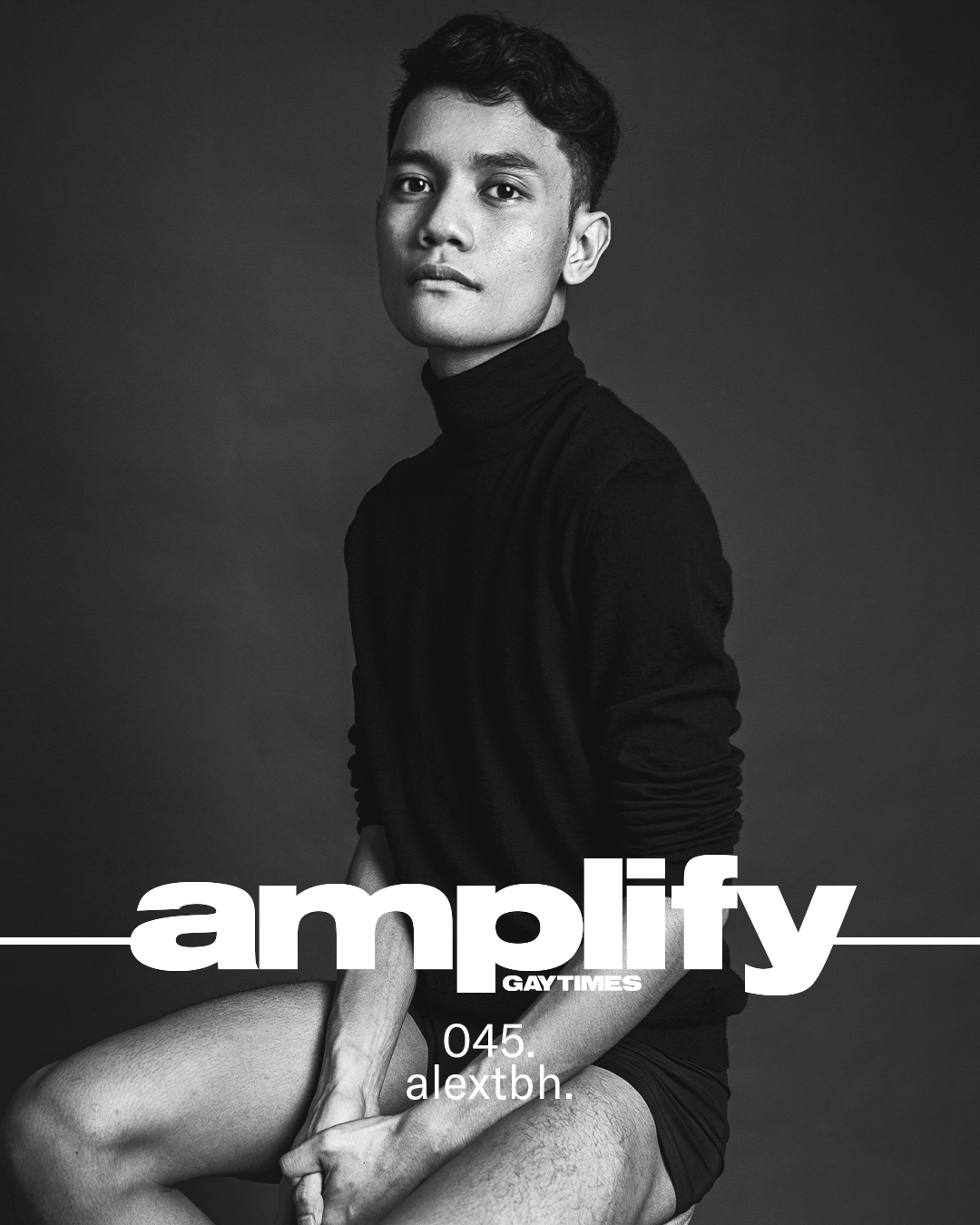
10 years go, the idea of listening to a pop star from Malaysia wouldn’t have even crossed my mind, but thanks to the power of the internet and streaming services people do that every day – how do you think technology has helped open doors for artists and push the music industry forward?
Now is the best time to showcase yourself as a musician, because the resources are all there for you, all you need to do is learn how to market yourself and express yourself. It’s such an amazing time, I love the era of streaming. I guess a lot of people are scared of it because of the pay issue, a lot of artists have to find other ways of earning money now to replace their dwindling income in terms of albums and streaming, but at the same time you get to put your music out there and anyone around the world can listen to it. It’s great, and I embrace it fully.
How important do you think it is that music can now cross borders in this way and – it sounds really cheesy – bring all these different cultures and people together?
Okay firstly, that’s not cheesy at all [Laughs]. The fact that I wrote these songs as love letters, as a plea, as a message for a certain somebody, and for another person from the other side of the world to look into it and say, ‘I can totally relate to whatever you wrote’, is amazing! It makes me feel like I am less alone in my struggles, and I take comfort in the fact that Jeremy from fucking Australia cries over my song that I wrote three years ago for some silly man. It feels great because it makes everyone feel like, ‘Oh I’m not the only one struggling with this issue’. And it’s even better because I write my songs from a queer perspective. To have somebody come up to me like, ‘Yeah, I just went through my first gay breakup and I got heartbroken and this song describes how I feel’, or the more common, ‘I just had sex to your song, you’re amazing’.
That’s a big compliment…
That is a big compliment, and I welcome all of it. It makes me feel better about myself!
Photography Daniel Adams & Daniel Mutton
Words Daniel Megarry

